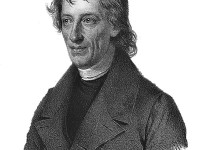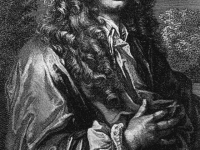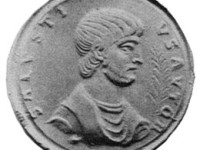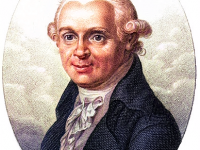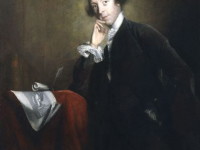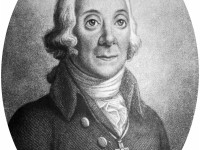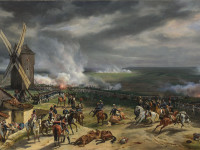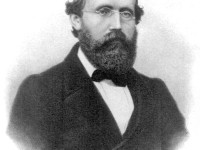Bernard Bolzano and the Theory of Knowledge
On October 5, 1781, Bohemian mathematician, logician, philosopher, theologian and Catholic priest of Italian extraction Bernard Bolzano was born. Bolzano made significant contributions to both mathematics and the theory of knowledge. He provided a more detailed proof for the binomial theorem and suggested the means of distinguishing between finite and infinite classes. His major work, Wissenschaftslehre (1837), contains various contributions to logic and semantics concerning the relations of compatibility, derivability, and consequence,…
Read more

